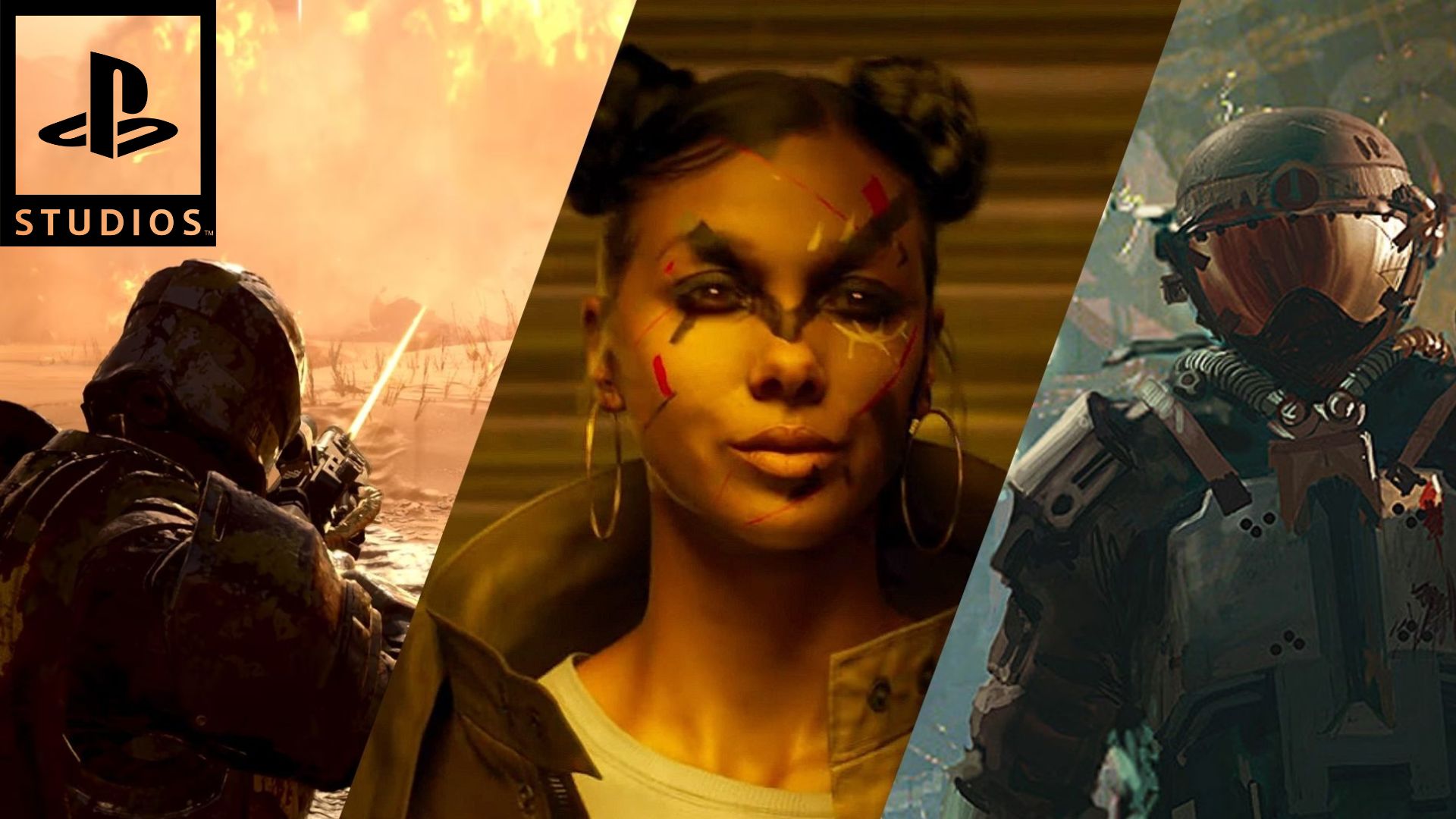- PlayStation Studios CEO Herman Hulst has clarified that the company will no longer play it safe after Concord’s failure.
- He prefers that future failures occur at an earlier and cheaper point, rather than avoiding risks altogether.
-
Sony has tightened quality control and testing to prevent another flop.
Concord’s flop last year hit PlayStation like a tidal wave after it invested $250 million in it. Many analysts and gamers expected the company to stay grounded in its live-service goals after, but CEO Herman Hulst appears to have no plans to slow down.
PlayStation Studios boss says that the company will no longer play it safe after Concord’s failure, instead. Herman agrees that there will be inevitable failures in the future, but hopes they happen at an earlier and cheaper point during development.
Why it matters: Even after Concord’s multi-million failure, Herman Hulst does not want PlayStation to play it safe. He wants to continue pushing live-service ambitions in the future.

Speaking in an interview with The Financial Times, Herman Hulst wants PlayStation’s 20 first-party studios to ‘think big,’ contribute more to overall revenue growth, and take measured risks without affecting their independence.
I don’t want teams to always play it safe, but I would like for us, when we fail, to fail early and cheaply.
-PlayStation Studios CEO, Herman Hulst.
Additionally, PlayStation has added several quality control and testing protocols after learning from Concord to ensure such a disaster is not repeated, despite not playing it safe.
The advantage of every failure . . . is that people now understand how necessary that [oversight] is.
Unlike Jim Ryan, Herman isn’t chasing a set number of live-service releases, just diverse experiences and communities.

At the moment, Sony’s Bungie is developing Marathon, a live-service project also rumored to be in murky waters after a string of controversies. Therefore, fans still don’t have high hopes for Sony’s live-service initiatives.
Do you think PlayStation’s insistence on pushing live-service ambitions despite past failures is a wise decision? Let us know your thoughts in the comments below, or join the discussion on the Tech4Gamers forum.
Thank you! Please share your positive feedback. 🔋
How could we improve this post? Please Help us. 😔
Shameer Sarfaraz has previously worked for eXputer as a Senior News Writer for several years. Now with Tech4Gamers, he loves to devoutly keep up with the latest gaming and entertainment industries. He has a Bachelor’s Degree in Computer Science and years of experience reporting on games. Besides his passion for breaking news stories, Shahmeer loves spending his leisure time farming away in Stardew Valley. VGC, IGN, GameSpot, Game Rant, TheGamer, GamingBolt, The Verge, NME, Metro, Dot Esports, GameByte, Kotaku Australia, PC Gamer, and more have cited his articles.




